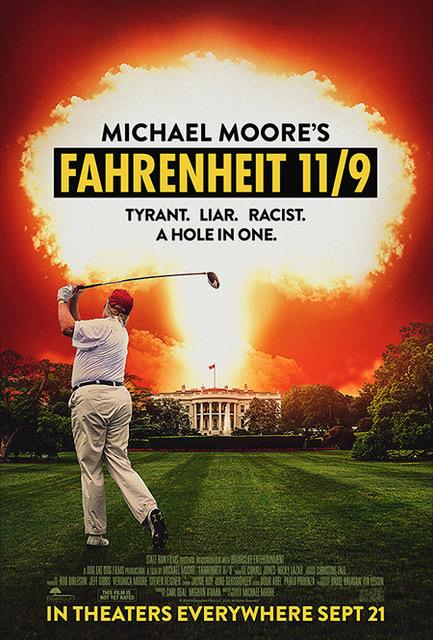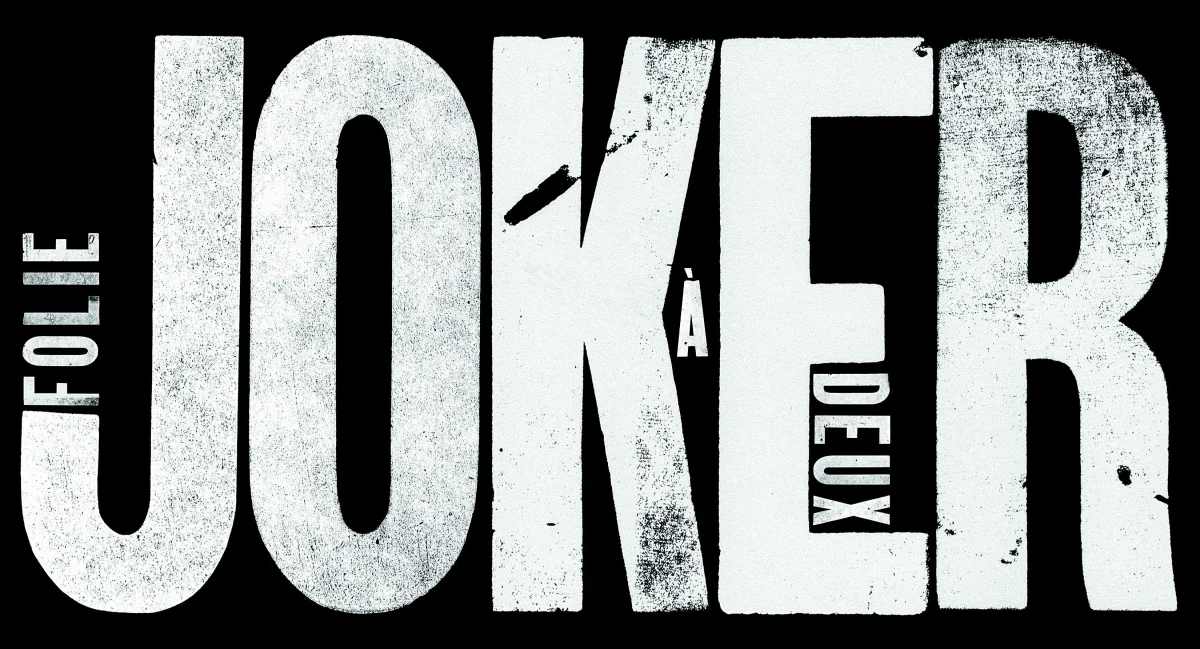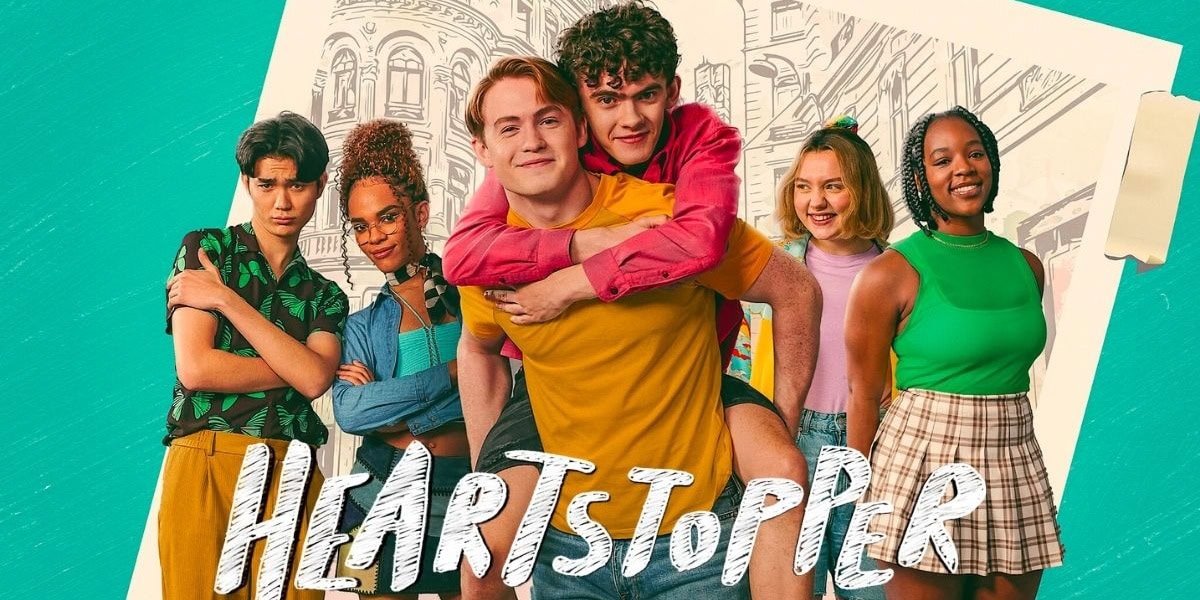
By KATIE LIU
Section Editor
Director Michael Moore spares no one in his latest documentary Fahrenheit 11/9, a quasi-sequel to his previous documentary Fahrenheit 9/11. Focusing on the infamous 2016 election as well as other divisive issues, particularly the Flint water crisis and gun control, Moore offers a brutal condemnation of both current and past administrations. From exposing President Trump and his administration’s blatant misconducts and bigotry, to criticizing the Democratic party’s frustrating lack of stance on anything, to condemning America’s current political system for its undemocratic tendencies (which Moore finds best illustrated in Flint’s water crisis and the widely disputed electoral college), Fahrenheit 11/9 almost perfectly reflects the messy and tangled state of today’s America.
Michael Moore has directed multiple other critically acclaimed films in the past. Some of them include Bowling for Columbine in 2002, focusing on the 1999 Columbine High School massacre and gun violence, Sicko in 2007, covering the state of American health care, and Fahrenheit 9/11 in 2004, exposing the Bush administration’s mishandlings of the 9/11 terrorist attacks. He is a known left-wing activist and was even named one of the most influential people in the world, according to Times in 2005.
Now, in 2018, Moore is using Fahrenheit 11/9 to offer his own warning on American democracy: its destruction is a very real possibility. While this may be an overly pessimistic view on the current state of the union, this film does make it seem plausible by drawing parallels between the unexpected rise of Nazi Germany in the 1930s and the way many Americans dismissed and underestimated Donald Trump, both prior to and after his election. He does not equate Hitler to Trump, but he does highlight the striking similarities in citizens’ attitudes regarding each leader. He cites various newspapers that claimed Hitler would moderate his policies and follow the German Constitution. The most disturbing of these clippings was when Moore cited the New York Times itself, in which the writer had stated that Hitler was only using his anti-Semitism as bait to attract followers. A clear parallel Moore draws from this is to the Trump administration, was when all major news channels dismissed the possibility of a Trump electoral victory.
After all, Moore doesn’t just call out Trump or Obama or political parties; he calls us out as well, particularly for our voting and political apathy.
Some of the most potent moments in the film also come from the least likely of people: regular American citizens. Moore interviews people such as David Hogg, gun control advocate and Parkland shooting survivor, Rashida Tlaib, who will possibly become the first Muslim woman in the US Congress, and other everyday citizens like those impacted by Flint’s water crisis. These interviews ground Fahrenheit 11/9’s otherwise lofty arguments, which tend to scream “America is screwed” or “Our government is corrupt”, with more personal and emotional connections to the audience. By grounding the arguments in deeply moving stories, Moore successfully persuades the audience on the need for action.
Moreover, Fahrenheit 11/9 is especially powerful because of its chaos. Moore juxtaposes corrupt political figures, especially Michigan governor Rick Snyder, with progressive activists and grassroots reformers. One major issue I had with the film is that Moore jumps from topic to topic in a way that is hard to follow, mimicking the modern-day news cycle, but he does present each issue vividly enough that the audience can’t help but feel invested in every moment of the film. He uses the rawest footage to cover the Flint water crisis and gun control, creating an atmosphere of tangible anxiety and pain, emotions which I felt were especially palpable in the moment he showed actual videos of the Parkland shooting filmed by the students themselves.
Fahrenheit 11/9 is cynical, ruthless and a necessary wake-up call. It is an emotional ordeal, and it is moving in a manner that is angering and terrifying. Ultimately, that is why it is important: it stirs the audience into action. While this film does paint the American government system in a disquieting light, Moore does leave the audience with some faith in the common individual. The film cuts out with the video of activist Emma Gonzalez’s speech during the March for Our Lives rally, in which she holds a moment of silence for six minutes to honor the Parkland shooting victims.
Moore’s warning is clear: there might still be hope, but we have to care first. Whether you are interested in politics or not, regardless of which side you lean toward, this film is jarring enough that you might just want to start paying attention.
Categories:
Fahrenheit 11/9: a Movie Review
September 25, 2018
0
Donate to Sword & Shield
$180
$1000
Contributed
Our Goal
Your donation will support the student journalists of University High School. Your contribution will allow us to purchase equipment and cover our annual website hosting costs.
More to Discover














